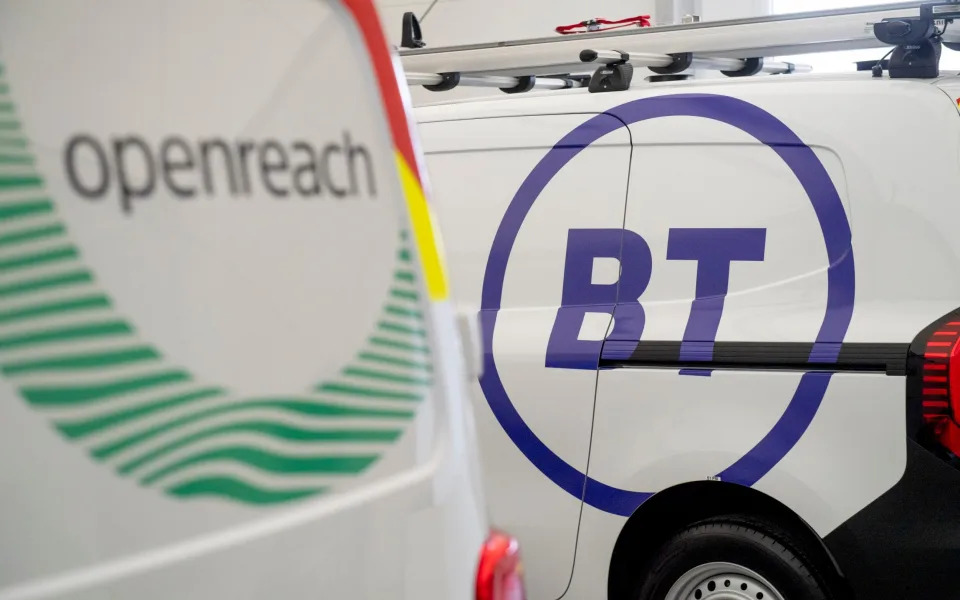January 25, 2025


BT has called for a competition crackdown on Apple over concerns the tech giant could use its smartphone market power to squeeze out mobile networks.
The operator has raised concerns that the rise of virtual “eSims” that replace Sim cards could see smartphone makers tighten their grip on the market.
In a submission to the Competition and Markets Authority (CMA), BT said: “We also encourage the CMA to consider the risk of disintermediation in the telecoms industry with respect to eSims, which is an additional area where handset providers could exercise their strong market position.”
Physical Sim cards have long been a critical link between network operators and their customers. But the growth of eSims means BT and its rivals risk losing ground to the likes of Apple and Samsung, who are increasingly selling phones directly to consumers.
The threat is particularly acute as telecoms companies try to expand their offering beyond traditional mobile services, amid tough competition and shrinking margins.
BT, which is side-lining its brand in favour of EE, has outlined plans to start selling other products and services from fridges to insurance. It has also launched a new service and smartphone app, dubbed EE ID, in a bid to expand its customer base.
However, industry executives fear these efforts could be undermined as tech companies increasingly build a direct relationship with their customers.
Kester Mann, of industry analyst CCS Insight, said: “One of the challenges is that network provisioning starts to become more remote, therefore there’s less opportunity for operators to engage with customers, whether that’s selling new products or getting a sense check on how they’re feeling.
“It feels like it’s another part of the journey that is cutting operators out the loop a little bit, so I think that’s one of the reasons why they’ve been a little bit reluctant to embrace the eSim concept.”
In the most extreme scenario, companies such as Apple could use eSims to launch their own virtual mobile networks – similar to the likes of GiffGaff and Tesco Mobile – though analysts said this was unlikely in the near term.
eSims were not mentioned in an investigation into Apple and Google launched by the CMA last week, which focused on web browsers and smartphone app stores.
Apple introduced its first eSim iPhone in 2022 and all of its US devices are now eSim only, with a similar move expected in Europe as soon as this year.
BT is not alone in sounding the alarm over the rise of eSims. Virgin Media O2 has also raised concerns about tech giants tightening their grip on mobile markets.
In a separate Ofcom submission published in 2022, the company said: “Increased competition may deliver short-term benefits to consumers of mobile services, but there are genuine concerns around the potential ability of big tech to leverage their strong position in the supply of operating systems and their control over their vertically integrated ecosystems in a way that undermines competition and delivery of good outcomes in mobile markets in the long run.”
Vodafone also has a team of people working to address concerns about the strength of big tech. However, industry sources cautioned that operators had lucrative partnerships with tech companies and were keen to maintain good relations.
Apple did not comment on the BT submission.
In response to last week’s CMA investigation it said: “Apple believes in thriving and dynamic markets where innovation can flourish. We face competition in every segment and jurisdiction where we operate, and our focus is always the trust of our users.
“In the UK alone, the iOS app economy supports hundreds of thousands of jobs and makes it possible for developers big and small to reach users on a trusted platform.
“We will continue to engage constructively with the CMA as their work on this matter progresses.”